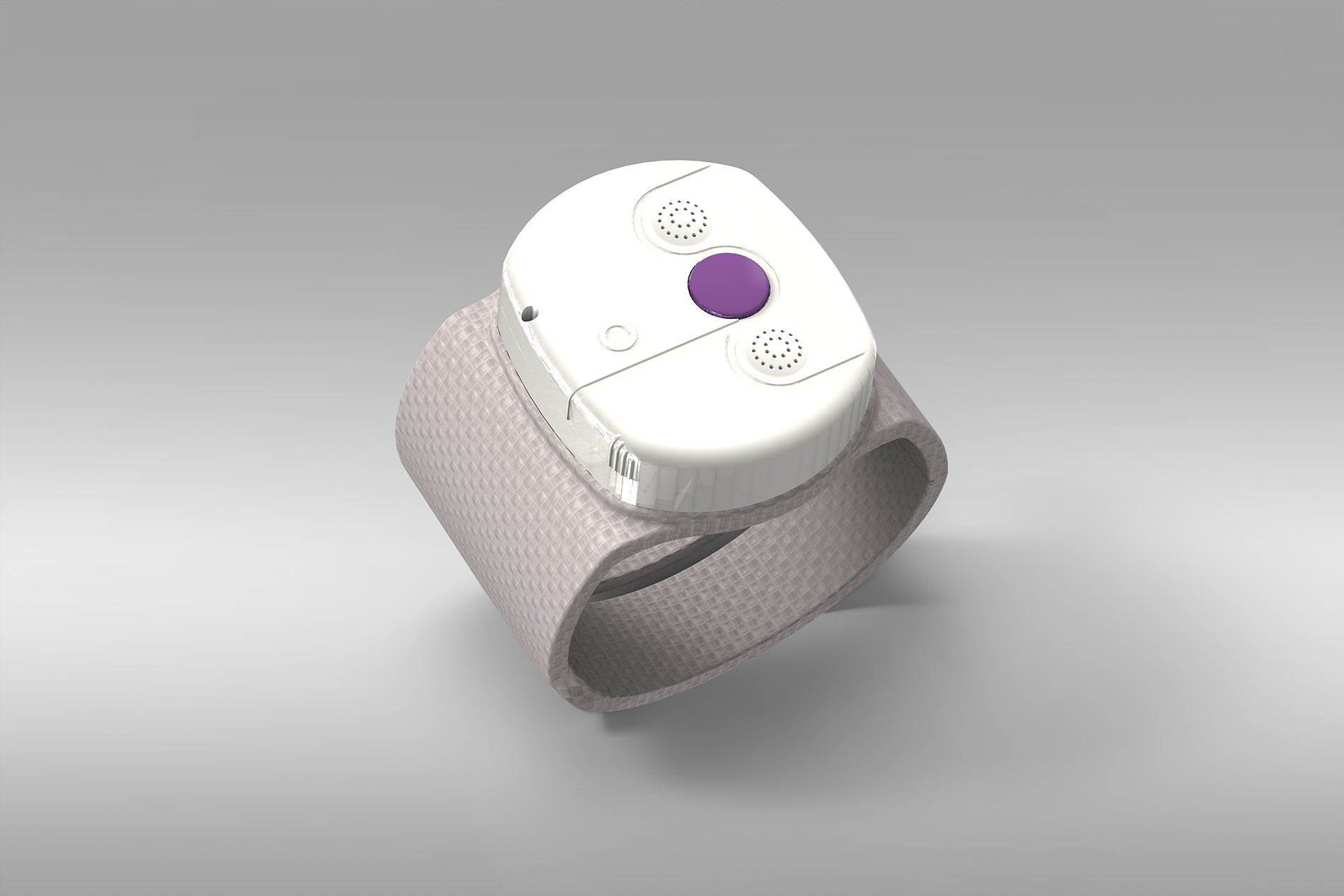News | Thursday, 19th May 2016
Assistive tech to tackle dementia isolation
Wearable GPS and mobile apps will aid everyday living

MOBILE and wearable technology used to support independent living for people with dementia could hold the key to cutting social isolation.
Wearable technology, satellite tracking and mobile phone apps are the latest tools in the fight against social isolation from dementia, unlocking the potential for increased independence.
Researchers at Manchester Metropolitan University, working with Stockport Memory Clinic and KMS Solutions, are analysing these technologies to establish their best use for people with dementia and for their carers.
The project was offically launched today as part of Dementia Awareness Week.
Independent living
Josie Tetley, Professor of Nursing in ageing and long-term conditions at Manchester Metropolitan University, said: “We will work closely with the end people living with dementia and their carers. The use of the different technology options will be studied in the daily lives of a small group of research participants to analyse the potential acceptability and usability of them.
“Based on this, the project will analyse the potential of these technologies to reduce social isolation and improve health outcomes.”
John Hearns, Managing Director of KMS Solutions Ltd, said: “The technologies we have developed can support independent living in the community by enabling the person living with dementia to move independently in safe areas, the carer to locate them using GPS tracking and the person with dementia or their carer to contact each other in case of an emergency.”
Carol Rushton, Clinical Lead from Stockport Memory Clinic at Pennine NHS Foundation Trust, added: “Going for a walk can sometimes be a challenge for people with dementia because of memory issues and confusion related to their dementia which can lead to people getting lost or disorientated even in familiar surroundings.
Tech
“These distressing experiences for some can result in reduced activity, increased social isolation and increased carer stress, so any form of technology that can support people get out and about more safely and confidently would be a great help.”
In 2015, it was estimated that there were 850,000 people living with dementia in the UK. As a result of the memory, physical and communication challenges, people with dementia and their unpaid carers may experience social isolation and loneliness.
It is part of a series of technical health projects at the University designed to employ new technologies to cut loneliness and isolation.
This project is led by Professor Josie Tetley and Dr Emma Koivunen, from the Department of Nursing, Dr Jenny Fisher, from the Department of Social Care and Social Work, and Dr Matthew Sullivan, from the Department of Natural Sciences. It is funded from Greater Manchester Academic Health Science Network’s Technology Innovation Challenge.
KMS Solutions provide a range of new, easy-to-use mobile technologies that can support people living with dementia and their carers, comprising of an Android smartphone application ‘MyTrav’ App, and two wearable and portable GSM/GPS based wristbands.
ENDS
NOTES FOR EDITORS
For more information or to speak to the researchers, contact Press Officer Chris Morris email: c.morris@mmu.ac.uk. Tel: 0161 247 2184.
Research launch event:
Using Assistive Technology to Reduce Social Isolation
Thursday 19th May 2016
This event is the launch of two Manchester Met research projects funded by Greater Manchester Academic Health Sciences Network: Mobile and Wearable Technology for People Living with Dementia and Haptics in Stroke Rehabilitation.
Date: Thursday 19th May 2016, 5pm – 7pm
Location: Lecture theatre 2, MMU, Brooks building, 53 Bonsall Street, Manchester M156GX, United Kingdom
Book here for event




